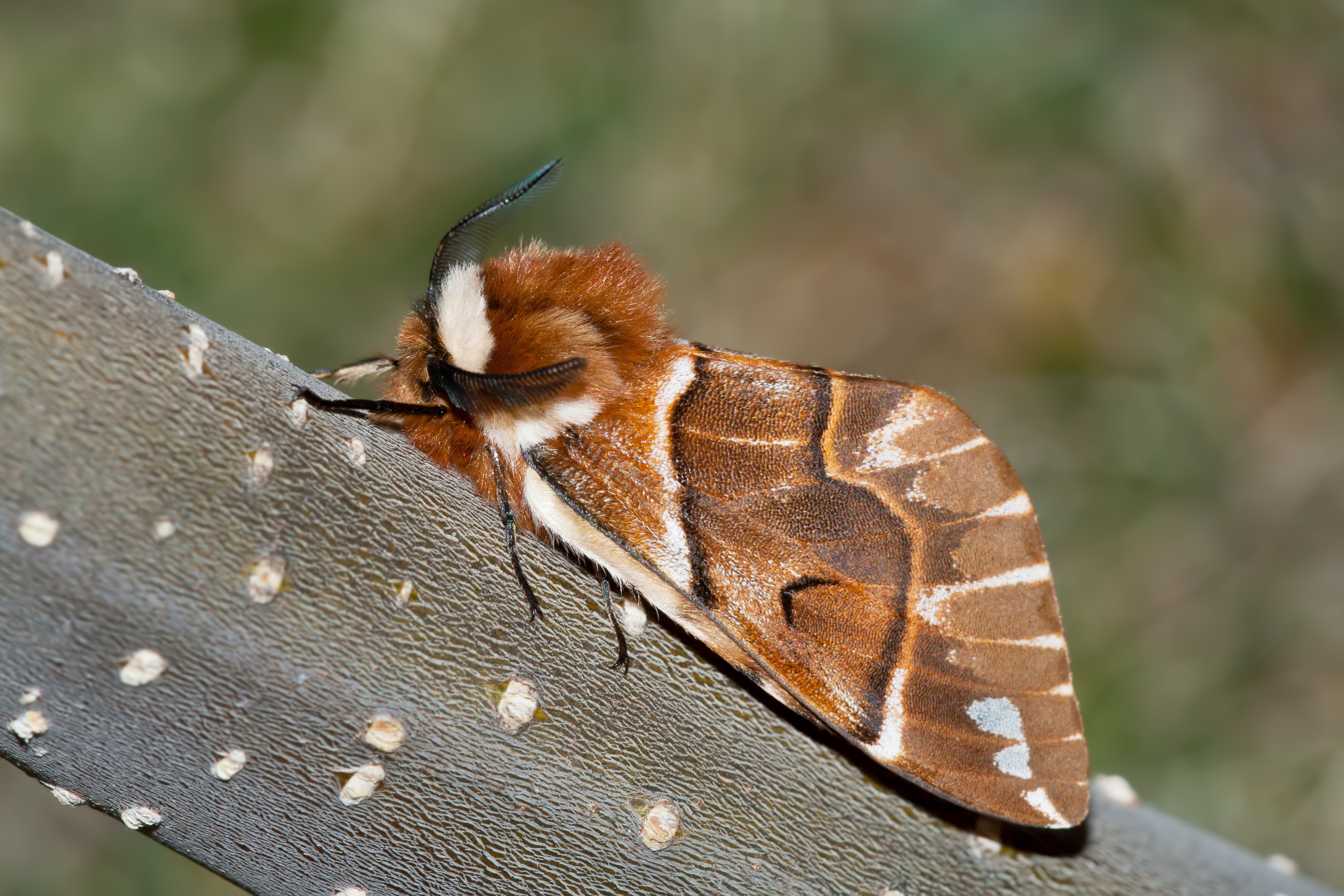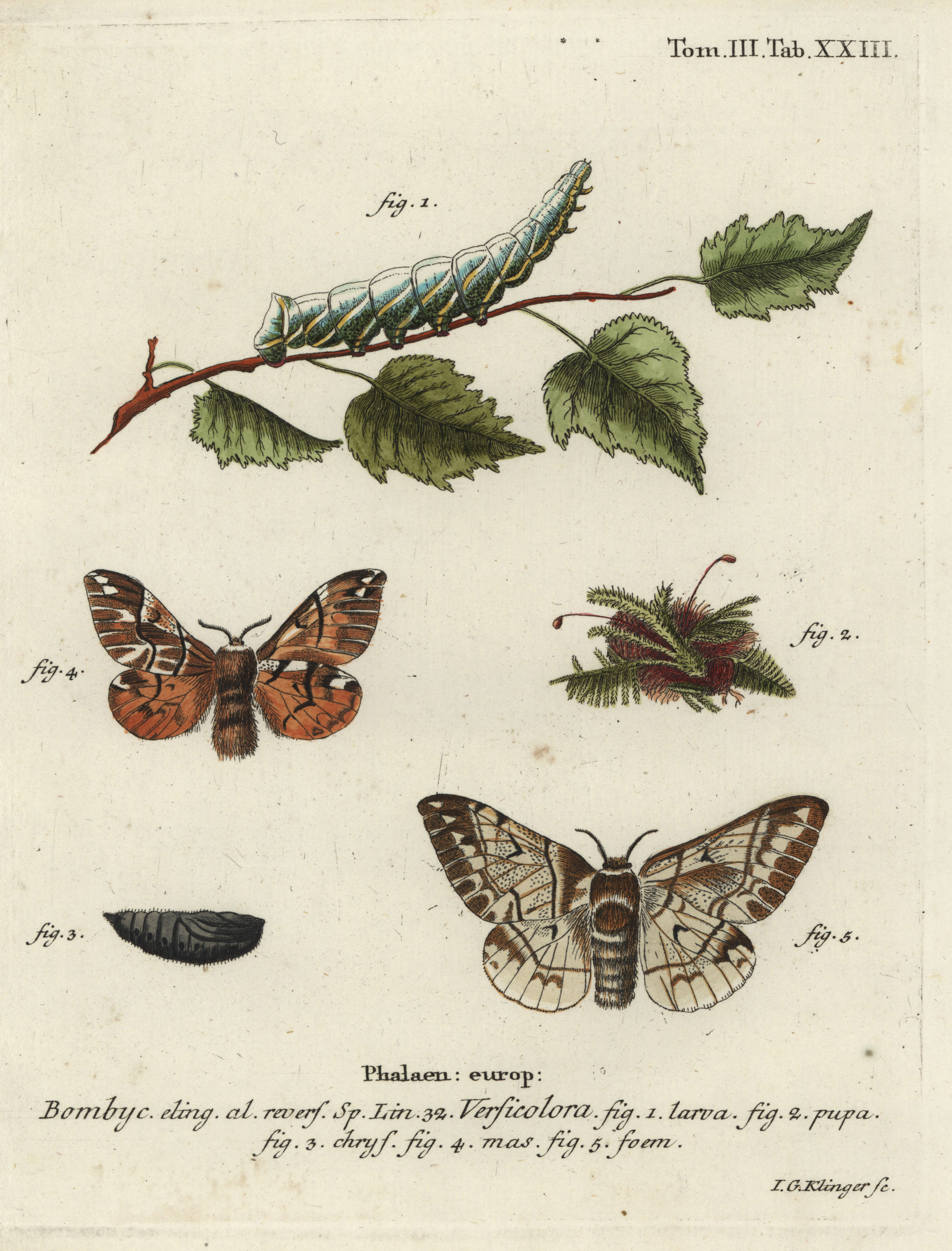In all its glory: One of Britain’s most striking moth species could be making a comeback
The Kentish glory moth has been absent from England and Wales for around 50 years.


One of Britain’s most attractive species of moth, the Kentish glory (Endromis versicolora), absent from England and Wales since the 1970s, could be making a comeback, thanks to a reintroduction programme carried out by Twycross Zoo, in association with Butterfly Conservation, Natural England and Forestry England.
The large, rather stout moth has feathery antennae and brown wings with distinctive dark lines and white markings. Despite its name, it was formerly widespread across the southern counties and East Anglia, as well as in the Welsh border counties of Herefordshire, Worcestershire and Monmouthshire. However, it has since become restricted to a few small colonies in the central and eastern Scottish Highlands. Even there it is a high priority species and the subject of targeted measures to protect the surviving colonies.

A copperplate engraving of the lifecycle of a Kentish glory moth from the 18th century.
Project Glory, the first ever moth reintroduction project in England, has involved conservation scientists collecting DNA samples from the extant populations in the Cairngorms, as well as from others in similarly fragmented populations in Europe. Genetic analysis at the University of Leicester will now follow, with the aim of identifying a suitable source population for a successful reintroduction.
A potential reintroduction site has been identified as one of the moths’ former strongholds — the Wyre Forest. As rapid fliers, males are generally seen in the wing (a term for observing moths in their active flying season) for a short period from mid-April through to the end of May, but the much larger females are generally nocturnal fliers. This has made observation difficult, but larvae feeding preferences are for young birch scrub, and it is the loss of traditional woodland management practices that is considered one of the reasons for the species’ decline in England.
Exquisite houses, the beauty of Nature, and how to get the most from your life, straight to your inbox.
Jack Watkins has written on conservation and Nature for The Independent, The Guardian and The Daily Telegraph. He also writes about lost London, history, ghosts — and on early rock 'n' roll, soul and the neglected art of crooning for various music magazines
